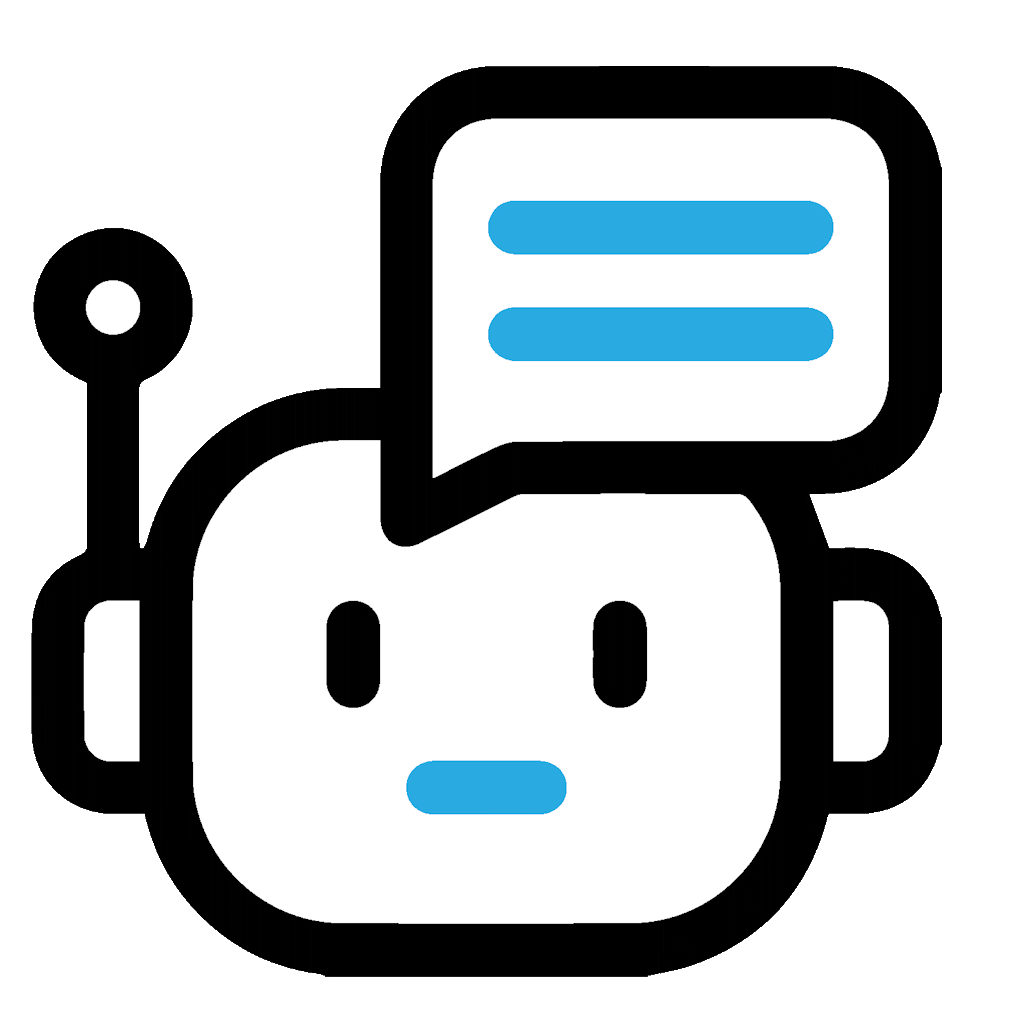Artificial Intelligence (AI) has taken the world by storm. There is no sector of life left out where AI has not prevailed. Be it content writing, robotics, automation, mechanics, or management, AI would be leading there by leaps and bounds. There are numerous benefits to using AI in the workplace. By deploying the AI tools at work, the workflow can be automated, the speed increases, and productivity can see a major improvement.
AI is like a double-edged sword. Where there are advantages, there are also disadvantages and potential pitfalls. It is important to understand the ethical considerations to make the most out of new trends and applications. Being aware of machine learning and algorithmic changes would make it smoother for technology enthusiasts to put it to the right use and expedite their professional growth as well as revenue.
Potential Applications of AI
AI tools give big benefits to the workplace. First, they cut costs. Businesses leverage AI to save money on labor and resources. This helps companies to invest in growth. Second, employees gain time efficiency. They can finish tasks more quickly, which increases productivity. Third, AI improves accuracy. Machines make fewer mistakes than people do. Better accuracy makes more reliable results.
- Tools Automation: Automation helps businesses to work faster. These tools handle repetitive tasks. They can sort emails, schedule meetings, and generate reports. Employees focus on complex and creative work. This saves time and reduces stress in the workplace. One such example is an employee management system, which streamlines HR processes and improves team coordination.
- Data Analysis: Data analysis software changes raw data into useful information. Organizations make better choices based on information and AI facts checking. They spot trends and understand customer needs quickly. The right software makes finding valuable insights very easy. This clarity allows for smarter business strategies.
- Virtual Assistance: It supports workers in many ways. They manage calendars, set reminders, and answer simple questions. These tools interact with users in a natural way. This helps teams stay organized and on track. People work more smoothly with a little help from their virtual friends.
Despite its advantages, AI faces challenges. For instance, potential biases in AI can create unfairness, as biased data leads to biased outcomes, which can negatively impact decision-making. This issue becomes particularly relevant in tools like AI text to video, where biased input could skew the message being delivered in the video. Additionally, AI’s reliance on data quality is another concern—poor or incomplete data can result in inaccurate conclusions. There’s also a risk of misinformation, as AI systems might spread false information if not monitored properly by humans. Businesses must stay mindful of these challenges and carefully manage their AI applications to ensure fairness, accuracy, and trustworthiness.
Protect Data Privacy at Workplaces
AI provides many benefits. However, humans still need to make choices. It is easy for machine learning and AI to analyze data, but they do not understand context. Human judgment is important for understanding AI results. People can see the bigger picture. They think about ethics and emotions. They also think about individual needs. Without human insight, companies make poor decisions.
- Importance: Data privacy with an Anti-detect browser is very important in AI applications. Businesses collect a lot of sensitive information. This data includes personal details about customers and employees. It is essential to keep this information safe. If a data breach happens, it damages trust. It also can lead to legal problems. Companies must protect user data always.
- Anonymizing Data: This protects personal identities. When businesses remove names and other details, it makes information safer. Even if someone steals data, it does not harm individuals. This practice helps companies use data while keeping privacy in mind. It also allows better analysis without risking exposure.
- Stronger Control: Strict access controls stop unauthorized users from reaching sensitive information. Only trained staff should access personal data. This creates a secure environment. Organizations can use password systems or two-factor authentication. They can reduce the chance of leaks by restricting access. It is wise to give access based on who needs to know.
- Regular Monitoring: Regular audits of data usage keep businesses accountable. Companies should check who accesses data and when. This practice helps to spot any unusual activity. If an issue arises, staff can act fast. Audits also ensure that employees follow data privacy policies. Regular checks make it harder for mistakes to happen.
- Regulation Compliance: Following with regulations is not optional. Laws like GDPR and CCPA set important standards for the ethical use of AI. Companies must follow these rules to avoid fines and penalties. Compliance builds trust for customers, too. Clients feel safer when they know their data is handled well. Meeting regulations shows businesses care about user privacy. In a world with many data breaches, organizations need to protect data. This effort can create better relationships with clients and employees.
AI has many benefits at work. However, it is important to use AI carefully. Using AI too much can create problems. Organizations need to find a balance. This balance helps keep innovation while acting responsibly. People must see the risks that AI can bring.
AI With a Human Touch

It is exciting to use new technology. AI can help workers be more productive and save time. But, organizations need to be responsible. Employees should not trust AI without question. They need to check the information AI gives. Depending only on AI can lead to bad choices. Mistakes can hurt a company’s reputation. So, humans should always make final decisions in important matters.
- AI Decisions: One way to keep human control is to review AI decisions often. Managers must look at how AI systems make choices. They need to make sure things are right and fair. If AI makes mistakes, workers need to fix them. Regular reviews help build trust in AI tools. Employees will feel more sure about their jobs.
- Learn First: It is important to train employees on AI tools. Teams need to know how these tools work. They should understand the limits of AI. Workers must have the skills to analyze AI results. When employees know about AI, they can use it better. They will also feel more involved in their work. Knowledge makes them active in the process, not just users.
- Feedback: Creating a feedback loop helps human control. Workers can share their experiences using AI with leaders. This sharing helps the company improve. It can guide better AI systems. Businesses should encourage workers to talk openly about AI tools. Employees can give ideas for improvement. They can suggest better algorithms or new features. Feedback helps progress and makes sure AI meets real needs.
- Balancing automation: Businesses must use AI well and keep people in control. Using machines does not mean taking away human jobs. It should make human tasks better. Humans and AI can work together. This makes the workplace more productive.
Changing work methods because of AI learning brings many good things. Each experience gives new insights. Teams can change their ways for better results. For example, they can change their workflows for better efficiency. Better methods can lead to more productivity.
Keeping Up with New Trends
Staying updated with AI changes is important for every business. The world of AI does not stop. New tools and techniques come out every day. Companies must adjust to stay competitive. A wish to learn helps everyone improve. Workers who keep up-to-date can use AI tools better. They can help their business do well.
AI tools always change, so work methods must change, too. A company that learns together grows together. Trying new ideas makes a forward-thinking place. Accepting change helps everyone stay skilled for future problems. Organizations that focus on continuous learning are ready for anything.
Starting a learning culture needs training. Workshops and training sessions can teach employees about AI at workplace. These events give space for hands-on practice. This makes workers feel more okay with new tools. They can ask questions directly. It can make better understanding and confidence.
Online courses and certificates also give good choices. Many platforms provide courses about AI. Employees can learn at their own speed. They can take courses that they like. This freedom helps personal growth. A team with skilled workers can face problems better.
Encouraging open talks about AI is very important. Workers need to share their thoughts and findings. When employees talk about their machine experiences, all people benefit. This creates a supportive team. Different views can be shared. Working together leads to new ideas. It helps employees solve problems.
Conclusion
Using tips for careful AI use in daily life can help a lot at work. Organizations must think about data privacy. It is very important to keep sensitive data safe. Human judgment is also important in AI decisions. Companies need to teach employees about AI tools. This training helps workers have the right skills to use AI safely. Open talks about AI can create a healthy culture.
Now is the time to act. Businesses should follow these tips to create a safe workplace. This place helps AI support people instead of taking their jobs. AI is a tool, not a replacement for human skills. Employees need to be sure they can lead with AI. This surety will bring better results.
Let us move forward with careful hope. AI will change the future of work. By using AI in good ways, all can enjoy its benefits and reduce risks. Together, we can make a workplace where technology improves human skills.

